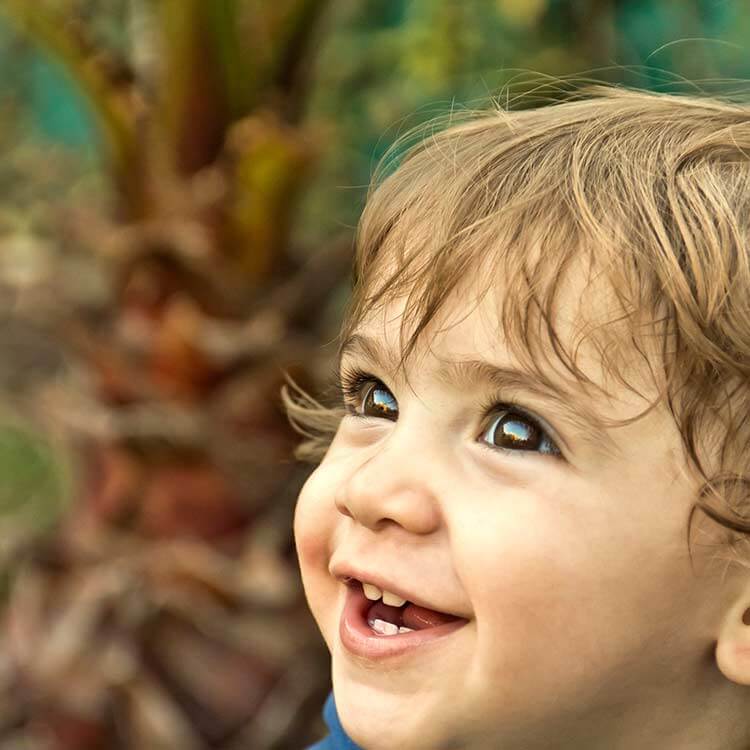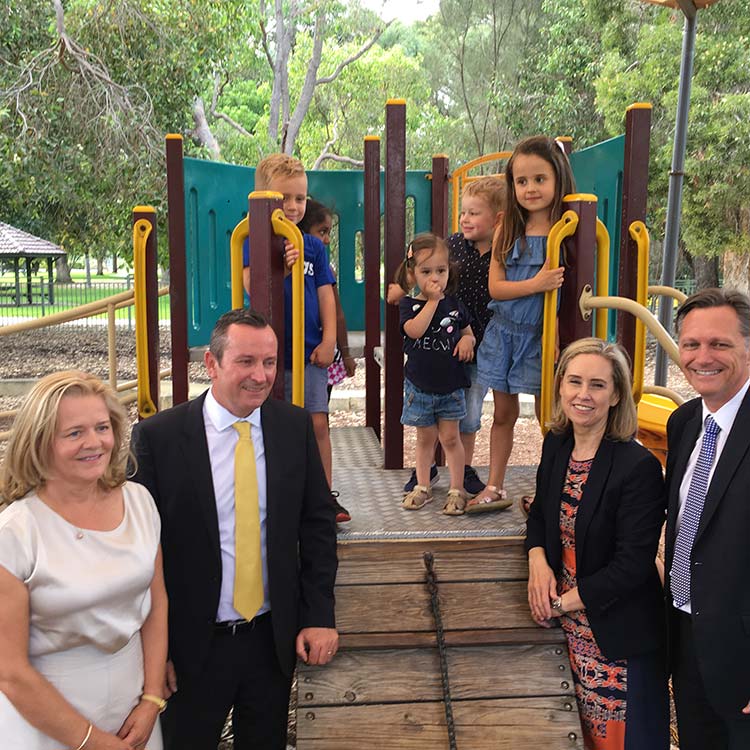Search

News & Events
The Kids welcomes Minderoo investment in early child developmentThe Kids has congratulated Andrew & Nicola Forrest on their visionary commitment to develop a new blueprint for optimal child development in Aust & beyond.

News & Events
Early Years Initiative an unprecedented commitment to youngest West AustraliansMinderoo Foundation and The Kids Research Institute Australia are proud to partner with the Western Australian Government on an unprecedented $49.3 million commitment to
Research
The early Human Capability Index (eHCI)The Early Human Capability Index is a holistic measure intended to capture early child development across diverse cultures and contexts.
Research
Harmonizing the CBCL and SDQ ADHD scores by using linear equating, kernel equating, item response theory and machine learning methodsA problem that applied researchers and practitioners often face is the fact that different institutions within research consortia use different scales to evaluate the same construct which makes comparison of the results and pooling challenging.
News & Events
Telethon Institute joins international effort to improve early nutrition and long term healthThe Kids for Child Health Research will join more than 50 scientists from 36 research institutions around the world to improve early nutrition
Research
“That's not fair on my kid”: Carers' perspectives on sport participation and experiences for children in out-of-home careChildren in out-of-home care participate in less organised sport than children from other household structures, potentially reducing opportunities for improvements in social, developmental, and health outcomes. Despite this, little is known about barriers and facilitators of sport participation for children in care. We aimed to explore carers' perspectives on the influences on children in care's participation and experiences in organised sport.
Research
Ethnicity and anthropometric deficits in children: A cross-sectional analysis of national survey data from 18 countries in sub-Saharan AfricaChild anthropometric deficits remain a major public health problem in Sub-Saharan Africa (SSA) and are a key target of the UN Sustainable Development Goals (SDGs). The SDGs recommend disaggregation of health indicators by ethnic group. However, few studies have assessed how ethnicity is associated with anthropometric deficits across SSA.
Research
Prenatal Origins of Obstructive Airway Disease: Starting on the Wrong Trajectory?From the results of well-performed population health studies, we now have excellent data demonstrating that deficits in adult lung function may be present early in life, possibly as a result of developmental disorders, incurring a lifelong risk of obstructive airway diseases such as asthma and chronic obstructive pulmonary disease.
Research
Plasma Cortisol Levels in Infants With Respiratory Distress During Different Phases of Neonatal Transport: A Pilot Prospective Observational Before-After StudyThe transport of sick newborn infants with respiratory distress leads to unwanted stress at time of physiological instability. There is dearth of studies to evaluate these stress levels. This pilot prospective observational before-after study aimed to evaluate the plasma cortisol levels (as surrogate marker of stress) in infants with respiratory distress during different phases of neonatal transport.
Research
Developmental trends in young children’s device-measured physical activity and sedentary behaviourKnowledge of developmental trends in meeting age-specific 24-hour movement behaviour guidelines is lacking. This study describes developmental trends in device-measured physical activity and sedentary time over a three-year period among Western Australian children aged two to seven years, including differences between boys and girls.
